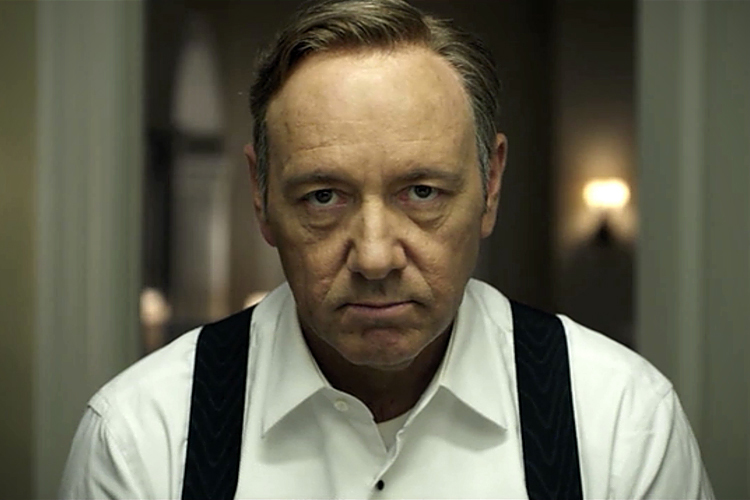First Things has a review up that I liked very much of a Macbeth that the reviewer did not like very much. Kate Havard watched a Macbeth that took all the tragedy out of the Scottish King, reducing the title character (played by Ethan Hawke) to a stumbling, unpleasant man. She writes:
Yet there’s something right about making the Scottish tyrant so vulgar and unromantic. It reminds us Macbeth is ultimately a butcher, not a hero. True, in a more nuanced Macbeth, we’d see him as both: a fallen hero. But this one-note performance does help us see more clearly the nature of evil. As Simone Weil says, “Imaginary evil is romantic and varied; real evil is gloomy, monotonous, barren, boring.” Hawke’s Macbeth touches on this truth: Evil isn’t noble looking. Evil is small and petty and ugly.
…Lady Macbeth, on the other hand, is surprised by and scared of her husband’s cruelty. How is this possible? After all, she’s the one that spurs him on at first. Shouldn’t she know that this is who she married, and that this is what she’s getting? Well, yes—and so she, too, shows us something about evil—that is, the follies of romanticizing evil, how seductive it can be.
This Lady Macbeth was in love with imaginary evil. She may have even fancied herself beyond good and evil, even though she has to invoke the devil to get things done. She mistakes bloodthirstiness and strength for greatness of soul by marrying a great warrior who she thinks will be a great king. She is willing to do whatever it takes to get him there. But once she relieves him from the bonds of morality, he becomes insatiable, a monster dangerous even to her.
Pop over and read the whole review. Havard does an excellent job arguing that this production doesn’t let the audience off the hook for wanting to root for Macbeth. In this case, because of hamhanded characterization, we suffer the way that Lady Macbeth suffers, unable to romanticize the man who is slaughtering others.
The review touched a nerve for me, since I have a dreadful tendency to root for the villains of movies, books, and plays. For one thing, they often seem to be the only person in the plot who has a plan, and my logistics-loving heart tends to prompt a desire to give the heroes a good shaking as they persist in their reactive state.
And there’s a mechanical beauty to manipulation. I could watch Act I, Scene ii of Richard III (the seduction of Anne) again and again, in the same way I reread technical manuals on lockpicking or watch embroidery tutorials on youtube. I like seeing how things work, and villains tend to lay the inner parts of the heroes bare, so I can observe all the interlocking mechanisms.
So I was really surprised to not enjoy the American reimagining of House of Cards. In the Netflix show, Kevin Spacey as Frank Underwood is an adept Congressman and fixer, who always has a plan and a trump card, whose ploys are sometimes so subtle that he has to turn to the audience for a soliloquy to let us in on the joint, since his target is so enmeshed in his deception that he or she might thank Underwood’s character for setting their destruction in motion. Tailor-made for wonkish me.
But as I watched the series, the character and the show grated. I couldn’t figure out what Underwood wanted. I mean, power, obviously, but I couldn’t guess to what end. I never saw him work on legislation except instrumentally. What was the point of amassing favors and elevating himself unless at some point he planned to spend his political capital?
Underwood is skilled at manipulation because he can stack feints and betrayals; he is always capable of discarding a former asset when it would be to his advantage to do so. But the price of being able to look at anyone and anything and see a map of leverage points seems to be that he has lost the ability to see anything non-instrumentally. I found myself wanting to hiss Amy’s plea to Bobby from the end of Company at the television: “Want something! Want something!”
After the music swells, and the plan comes to fruition, and the villain stands above the crown of defeated heroes and civilians, there’s a pause where we wait to know what the character will do, now that s/he is free of constraint. And, when I try to run the tape forward for most villains, there’s just an awkward pause, similar to the one at the end of The Graduate, as the protagonist doesn’t quite know what to do with himself. Normally, the heroes keep us from ever getting to this moment of uncertainty, as they rush in with their own music to put paid to the villain, but I appreciate being forced to wait, every now and then, with a successful villain, as I watch them wait for something to want for its own sake.












